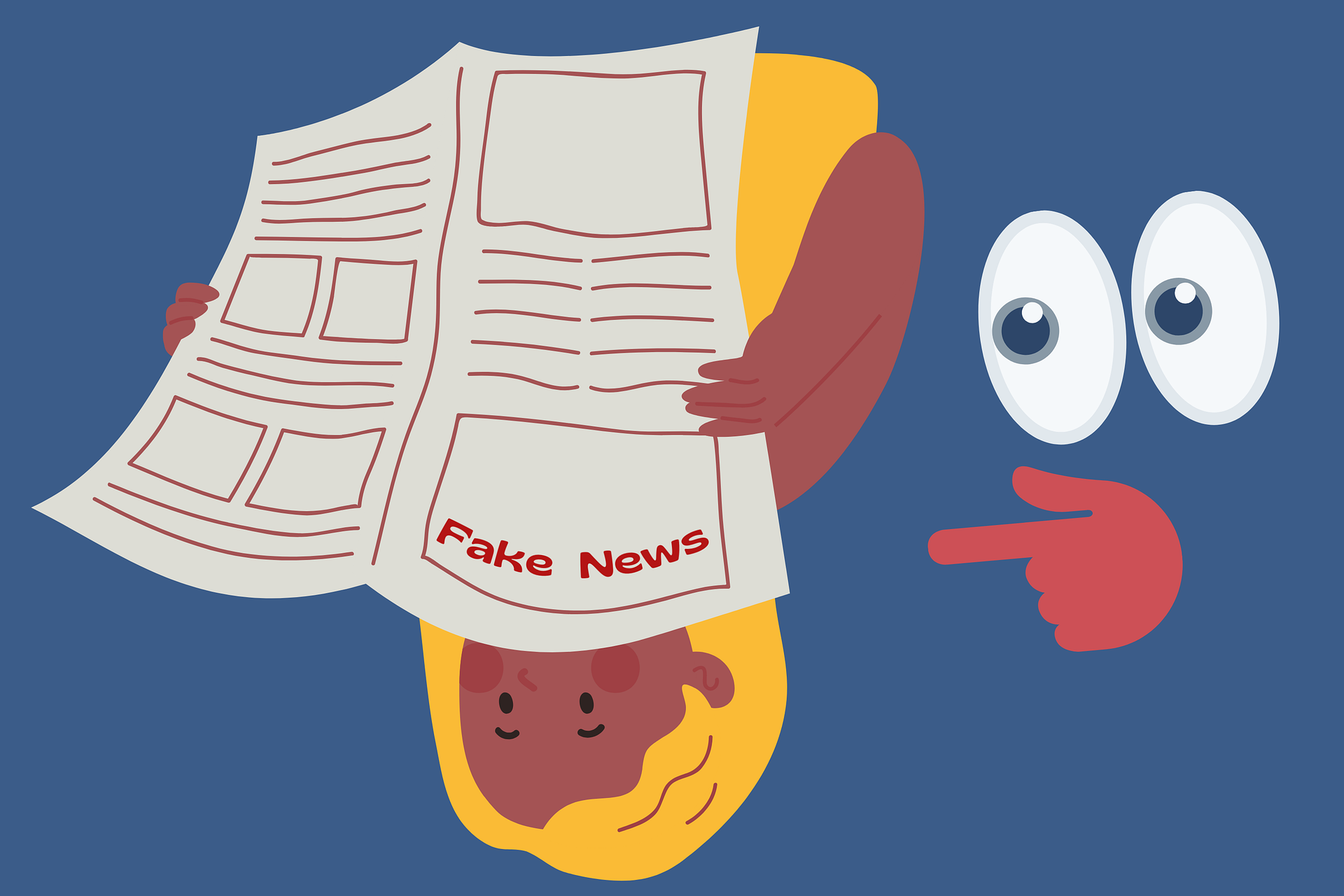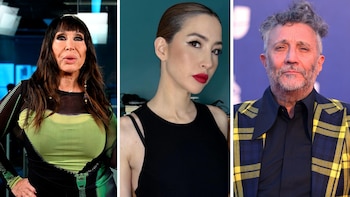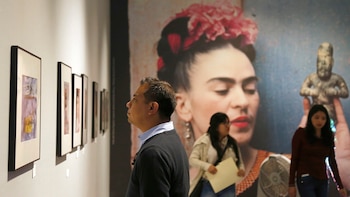
Entering any search engine on the internet is very easy, and finding information on any subject is also very easy. However, that ease has built trust in almost all internet users, eliminating the routine and responsibility of verifying data.
In this sense, Infobae found out how Google, one of the most used search engines in the world, curates content to avoid lies.
Currently, the technology multinational has at hand a group of specialists responsible for verifying data and teaching others how to avoid falling into fake news.
The main importance of verifiers is to combat misinformation, as currently erroneous data is rapidly scattered on social networks and other internet platforms. This situation can be dangerous in cases such as the pandemic or Russia's invasion of Ukraine, which is why it is necessary for everyone to have access to truthful and accurate information.
In this sense, data verification is a key point to be able to rely on the information presented in different media and to combat the infodemic (abundance of information) in this digitized world.
Unfortunately, there have been several Fake News (fake news) that have dispersed within hours. According to an analysis by the Pan American Health Organization (PAHO) during the pandemic, more than half of the population did not have the ability to recognize fake news.

“It is imperative to train the general population to be able to assess the quality and veracity of information circulating on digital channels and to become aware of the public health implications of spreading false content,” said the PAHO after analyzing the spread of fake news during the first months of the pandemic in six Latin American countries.
While this only includes regions and a certain time span, there have been examples of fake news that quickly take hold on the Internet. Fortunately, there have been people who are responsible for verifying and confirming the source of the information.
These verifiers or fact chekers are usually part of organizations, whose objective is to check that an image, data or video is real and not a montage. However, to do so they require training and tools.
In this scenario, Google seeks to contribute to the training of verifiers by providing specialization courses and motivating this network to grow exponentially in the region.

Milena Rosenzvit, coordinator of the Checking Education Program, a data verification group in Argentina that is working hand in hand with Google, told Infobae that these courses are mainly focused on journalists and teachers who can train others.
“The idea of this network is not to be directly training journalists, but to train journalists and teachers so that they can teach fact cheking to others and thus generate a multiplier effect,” he said.
The construction of this network of verifiers is taking place in Mexico, Argentina, Colombia and Peru through a program that will last from 3 to 4 months, in which knowledge will be promoted among stakeholders with training in journalism or university students in the area.

“We can continue to build and multiply the impact [of verifiers] because the essential idea of this project is to have 500 new fact-checkers in the region, which is huge. It also implies a new model of training people who can train. To train trainers,” Juan Manuel Lucero, leader of News Lab at Google, told Infobae.
He assured that education is a fundamental part, not only for new verifiers, but also in terms of media literacy, since “there are many things to do, that is, to contribute so that citizens can have more critical access to information and that the information they receive is also more and better quality”.
One tool for people to review information that could be extraordinary is Fact Checker Explorer and soon Google will have Featured Stories on mobile devices to give more visibility to original and quality content.
KEEP READING
Últimas Noticias
Debanhi Escobar: they secured the motel where she was found lifeless in a cistern
Members of the Specialized Prosecutor's Office in Nuevo León secured the Nueva Castilla Motel as part of the investigations into the case

The oldest person in the world died at the age of 119
Kane Tanaka lived in Japan. She was born six months earlier than George Orwell, the same year that the Wright brothers first flew, and Marie Curie became the first woman to win a Nobel Prize

Macabre find in CDMX: they left a body bagged and tied in a taxi
The body was left in the back seats of the car. It was covered with black bags and tied with industrial tape
The eagles of America will face Manchester City in a duel of legends. Here are the details
The top Mexican football champion will play a match with Pep Guardiola's squad in the Lone Star Cup

Why is it good to bring dogs out to know the world when they are puppies
A so-called protection against the spread of diseases threatens the integral development of dogs




